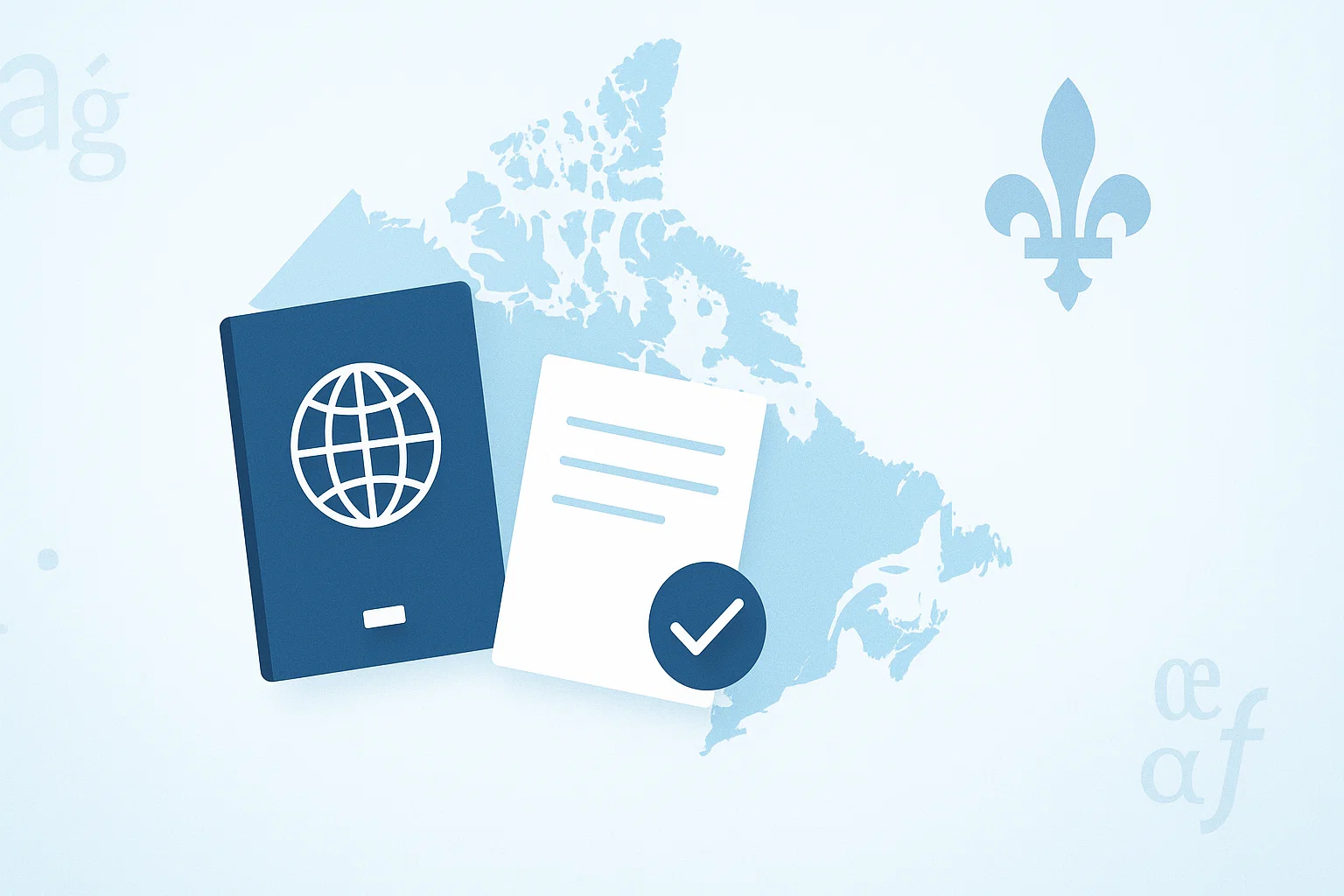Summer is a peak season for travel to Canada. Whether for attending a graduation ceremony, visiting family, or conducting business, countless visitors are looking forward to their Canadian journey. However, a frequently overlooked "invisible barrier"—the rules on criminal inadmissibility—could cause your travel plans to collapse at the last minute.
Under Canadian law, only Canadian citizens have an absolute right to enter the country. All non-citizens, including tourists, international students, and temporary workers, must meet admissibility requirements. The Canadian government places a high priority on border security and conducts rigorous background screenings on all individuals seeking entry to prevent anyone who may pose a risk to public safety from entering.
What Actions Lead to 'Inadmissibility'?
In simple terms, if you have committed an act anywhere in the world that also constitutes a crime under Canadian law, you may be found "criminally inadmissible." Canadian law distinguishes between "Criminality" and "Serious Criminality," which have different definitions and consequences.
- Criminality:
- You have been convicted anywhere in the world of a crime that is considered an indictable offence in Canada (similar to a felony in the U.S.).
- You have been convicted of two or more offences that are considered summary offences in Canada (similar to misdemeanors in the U.S.).
- Even without a conviction, you committed an act outside Canada that is an offence in that country and would also be an indictable offence in Canada.
- Serious Criminality:
- You were convicted in Canada of a crime punishable by a maximum prison sentence of 10 years or more, or you were sentenced to more than six months in prison.
- You were convicted of, or committed, an act outside Canada that, if committed in Canada, would be punishable by a maximum prison sentence of 10 years or more.
It is important to note that minor infractions, such as speeding or parking tickets, typically do not lead to inadmissibility. However, driving under the influence (DUI) is considered a serious criminal offence in Canada, and even a record from many years ago is sufficient grounds for being denied entry.
How to 'Pass the Gate'? Three Official Pathways to Overcome Inadmissibility
If you discover that a criminal record may prevent you from entering Canada, do not lose all hope. The Canadian immigration system provides three primary solutions:
1. Apply for a Temporary Resident Permit (TRP)
A TRP is often the fastest way to overcome criminal inadmissibility. It is a temporary document that allows an otherwise inadmissible person to enter Canada for a specific, compelling, and justifiable reason for a limited period.
- Key Requirements: The applicant must convince an immigration officer that their reason for entering Canada is significant and justified, such as attending the wedding of a close relative, visiting a critically ill family member, or conducting essential business.
- Application Process: If you are from a country that requires a visa, you must apply for the TRP at the same time as your visitor visa application. If you are from a visa-exempt country (requiring an eTA), you will typically need to apply at a Canadian visa office in your country or region. U.S. citizens and permanent residents (Green Card holders) can apply for a TRP at a port of entry (land, sea, or air), but approval is at the discretion of the border officer and is not guaranteed.
- Processing Time: The government does not publish processing times for TRPs, but they can often take 3 to 6 months. Therefore, planning as far in advance as possible is strongly recommended.
2. "Deemed Rehabilitation"
If your offence does not fall under "serious criminality" and a sufficient amount of time has passed since the completion of your entire sentence (including jail time, fines, and probation), you may be "deemed rehabilitated" by an immigration officer.
- Time Requirements:
- 10 years must have passed for a single indictable offence.
- 5 years must have passed for two or more summary offences.
- Important Note: Deemed rehabilitation is not automatic; the final decision rests with the border officer. To increase your chances of success, it is advisable to prepare all relevant documents to prove you meet the criteria.
3. Apply for Criminal Rehabilitation
If you do not qualify for deemed rehabilitation or if your offence constitutes "serious criminality," you can apply for individual Criminal Rehabilitation. If approved, your criminal record will be permanently cleared for Canadian immigration purposes, and you will no longer need a TRP to enter Canada in the future.
- Eligibility: At least five years must have passed since the completion of all aspects of your sentence (including jail time, probation, payment of fines, and community service).
- Processing Time: The processing time for Criminal Rehabilitation is lengthy and can take a year or more. Therefore, it is recommended to apply as soon as you become eligible. While waiting for a decision, you can also apply for a TRP if you need to enter Canada urgently.
Professional Advice: The Importance of a Legal Opinion Letter
For individuals with a criminal record who plan to visit Canada, retaining a professional immigration lawyer to prepare a Legal Opinion Letter is a wise decision. This document will provide a detailed analysis of your criminal history, equate it to Canadian law, and present a strong legal argument for why you should be allowed to enter Canada. Whether you are applying for a TRP, arguing for deemed rehabilitation, or applying for criminal rehabilitation, a professional legal opinion letter can significantly increase your application's chances of success.
In conclusion, while Canada's entry requirements are strict, they are not insurmountable. The key is to understand the regulations in advance, be honest about your past, and actively pursue the correct pathway to resolve the issue. Before planning your trip to Canada, be sure to carefully assess your situation to avoid any unnecessary trouble at the border.









